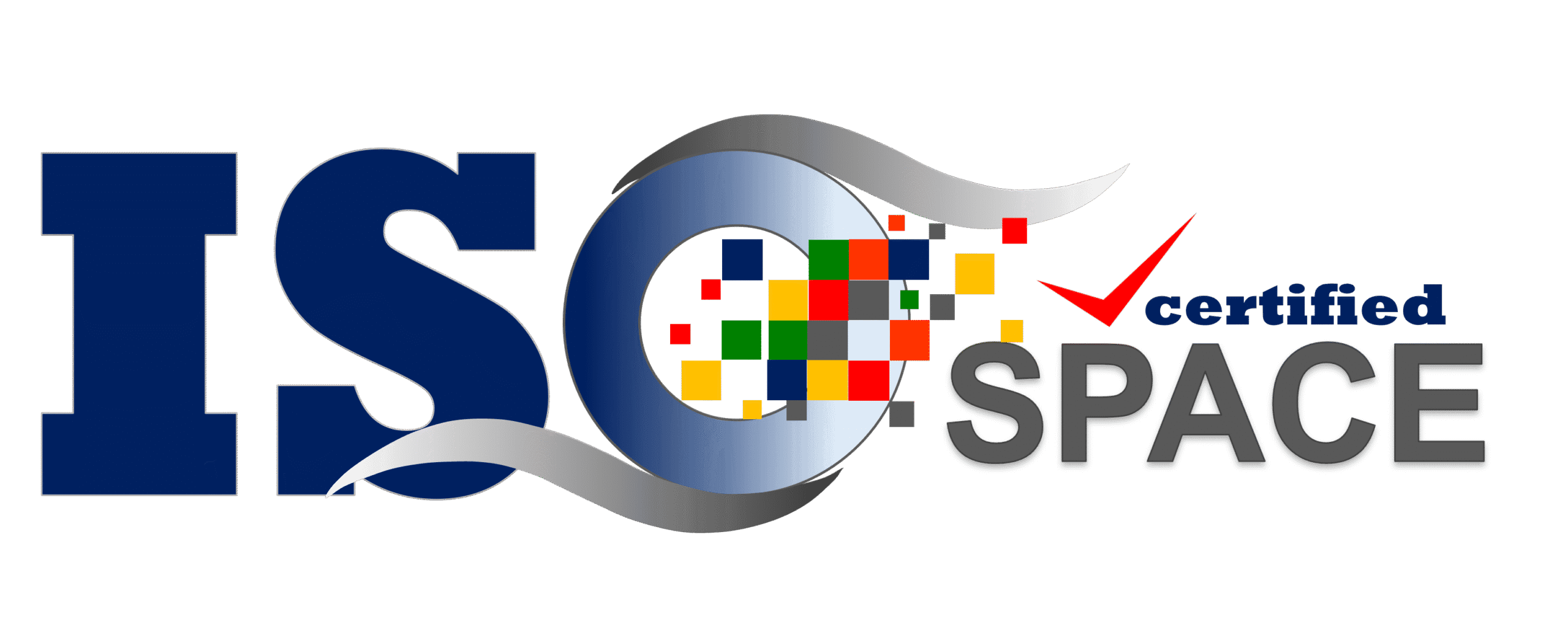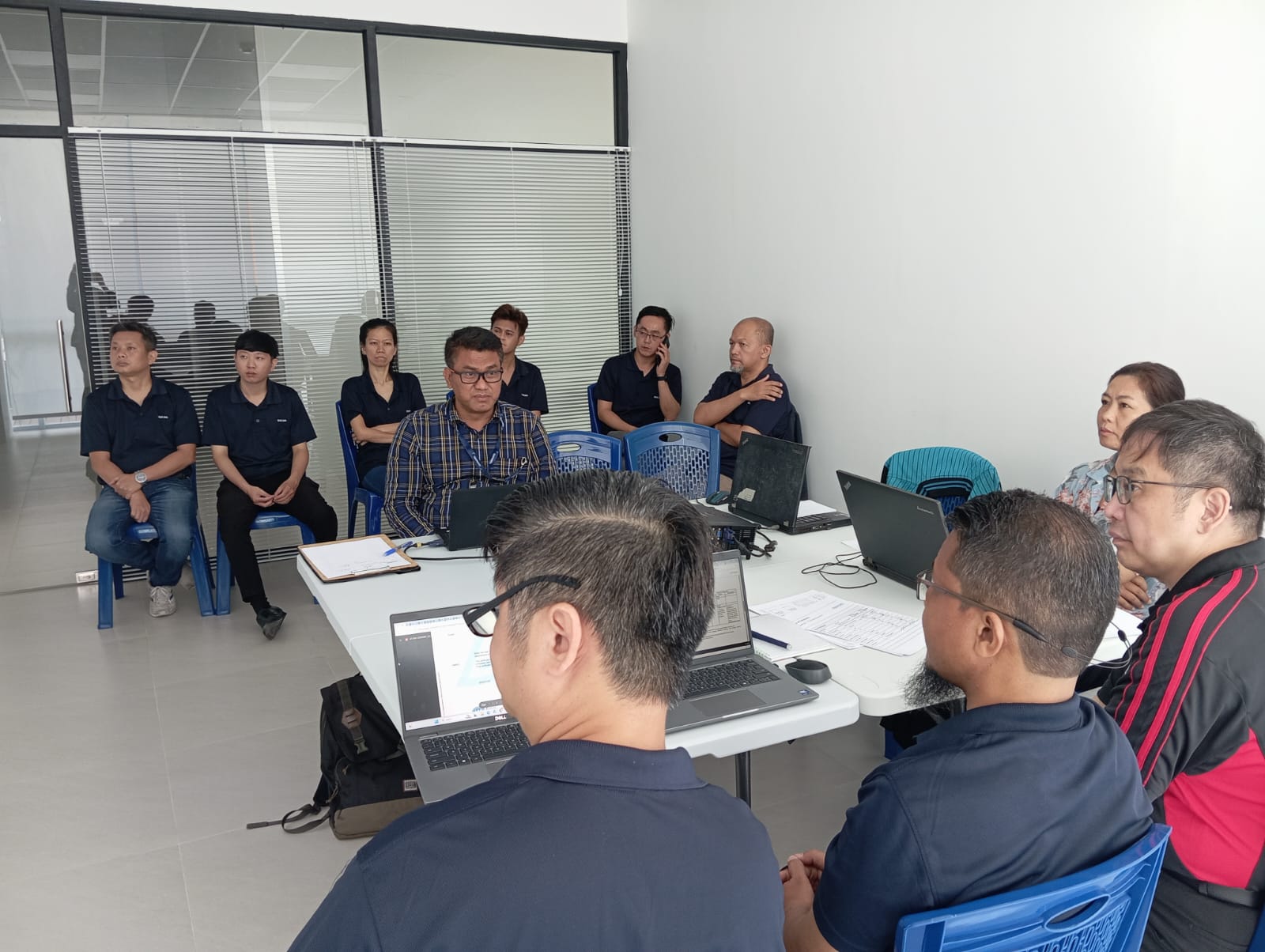Tips for Implementing ISO in MSMEs with a Limited Budget
In an era of increasingly fierce business competition, many MSMEs in Indonesia face challenges to survive and thrive. Unfortunately, many MSMEs fail to compete in both local and global markets. One of the main, often overlooked, causes is the lack of clear, internationally recognized quality standards, such as the International Organization for Standardization (ISO).
ISO is more than just certification. More than that, ISO is an international standards framework that helps companies, including MSMEs, to:
– Guarantee product and service quality. – Improve operational efficiency. – Minimize the risk of product/service failure. – Provide confidence to consumers, investors, and business partners.
MSMEs without clear operational standards often face issues such as inconsistent product quality, poor service, and difficulty entering new markets. This is why ISO certification is key to survival and growth.
Challenges for MSMEs Without ISO:
1. Difficulty Competing with Large Companies
Without standardized work standards, product/service quality can fluctuate. This results in increased rework/complaint costs, delayed lead times, and eroded margins. Meanwhile, large companies with ISO certification have consistent SOPs, work instructions, and quality control, resulting in stable unit costs and maintained quality. When consumers compare, MSMEs appear less prepared in terms of quality, documentation, and after-sales.
2. Difficulty Penetrating the Global Market:
Many foreign buyers require suppliers to have specific certifications (e.g., ISO 9001/22000/27001) as proof of process control. Without ISO, MSMEs often get stuck at the supplier evaluation stage because they can’t show proof of management systems (manuals, procedures, control records). As a result, they lose access to export distributors, global B2B marketplaces, or private label brands.
3. Low Consumer Trust
Consumers now look for proof, not promises. Without standards, repeated complaints (e.g., inconsistent sizes, frequently damaged packaging, slow customer service responses) quickly go viral. ISO requires a complaint handling system, Corrective and Preventive Action Plans (CAPAs), and internal audits. Without these, the perception of a “less professional” brand emerges and customer retention declines.
4. Inability to Participate in Government Tenders:
Many tenders require ISO certification as an administrative prerequisite. Without certification, MSMEs are automatically eliminated at the initial stage—even if their prices are competitive. Certification is also often linked to performance assessment scores (quality, delivery, safety) that determine supplier eligibility.
How Does ISO Help MSMEs Level Up?
1. ISO 9001 – Quality Management
Establishes core processes (order–production–shipment–service), quality KPIs (defect rate, on-time delivery), and supplier evaluation mechanisms. The result: decreased reject rates, increased repeat orders, and reduced cost of quality (CoQ). Examples: establishing incoming material inspection standards, work instructions at each workstation, and final QC before shipment.
2. ISO 14001 – Environment
Maps environmental impacts (energy, water, waste, emissions), sets goals (e.g., 20% waste reduction), and plans for control (reuse, recycle, energy efficiency). The impact: reduced utility bills, improved environmental permit compliance, and an enhanced green reputation—useful for working with brands with ESG targets.
3. ISO 45001 – Occupational Health & Safety (OHS)
Regulates hazard identification and risk assessment (HIRARC), PPE, training, and incident investigation. The result: reduced work incidents, reduced lost-time injuries, and lower insurance claim costs. A safe work environment also boosts productivity and team morale.
4. ISO 22000 – Food Safety
Integrates PRPs (prerequisite programs), HACCP, and traceability controls throughout the food chain. The impact: safe products, low recall risk, and access to modern markets/open exports. Examples: storage temperature control, validation of ingredient suppliers, regular microbiological testing, and a product recall system when necessary.
5. ISO 27001 – Information Security
Integrates PRPs (prerequisite programs), HACCP, and traceability controls into the food chain. The impact: safe products, low recall risk, and access to modern markets/open exports. Examples: storage temperature control, validation of ingredient suppliers, regular microbiological testing, and a product recall system when necessary.
Tips for Implementing ISO in MSMEs on a Limited Budget:
– Focus on core needs.
– Start with simple documentation. – Use local /community consultants and free materials.
– Do it in stages.
Benefits of ISO for MSMEs:
– Increase consumer confidence: ISO is objective evidence that processes are under control. The effect: ratings & reviews improve, churn decreases, and CLV (customer lifetime value) increases.
– Opening global market opportunities : Internationally recognized standards → make it easier to pass vendor qualifications, customer audits, and additional certifications (halal/organic) because the documentation is neat.
– Increase efficiency : With work standards and process data, waste (defects, waiting, rework) is reduced. Cash flow improves because stock & scrap decreases, and OEE/productivity increases.
– Winning government tenders & large projects : Fulfilling administrative requirements while adding assessment points. Audit trails and performance records become “reputation capital” when competing.
– Improve brand image : The brand appears professional, compliant with regulations, and cares about safety & the environment. This attracts talent, partners, and long-term/ESG-oriented investors.
Conclusion:
Many MSMEs fail to compete not because their products are inferior, but because they lack clear quality standards. By implementing ISO, MSMEs can improve quality, expand their market, and even participate in major tenders. So, if MSMEs want to move up a level, the answer is clear: start with ISO!
Want to know an easy and economical way to get ISO certification?
Call Center : 082288303338
Email : marketing@isospace.id
Contact : Kristina Saragi, 081268161778, kristina@isospace.id
Thank you for reading!
Want to know more? Check out the full article 👇


Leave a Reply